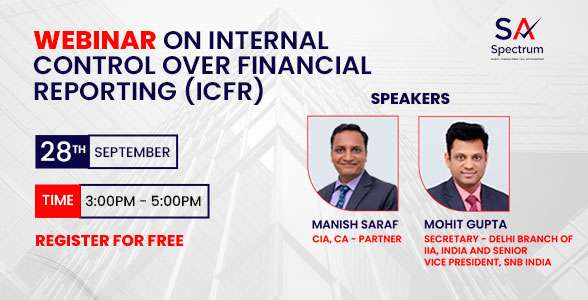Financial Statements Review Audit

Financial statements review audit is a process of reviewing the financial statements to check whether the financial statements are prepared in the expected way or not and if they meet the expected amount of true and fair presentation and is free from material misstatements or not. This review is more focused review of the financial statements based on the objective of the person engaging the auditor to perform the same.
In other words, review of financial statements is a type of negative engagement where auditors are engaged to review the financial statements of the entity.
This kind of service is normally required when an entity borrows money from the bank. And the banks, as part of their policy require the entity to provide financial statements reviewed by the external auditor. Sometimes financial statements review is requested by management for their internal use.
Under financial statement review, the auditor obtains limited assurance that there are no material modifications that need to be made to an entity’s financial statements for them to be in conformity with the applicable financial reporting framework (such as GAAP or IFRS). A review does not require the auditor to obtain an understanding of internal control, or to assess fraud risk, or other types of audit procedures. Consequently, a review does not provide the auditor with assurance that he has become aware of all the significant matters that would normally have been discovered and disclosed in an audit.
Following are some of the procedures performed as part of the review process:There are also a number of review steps that can be utilized in specific areas based on the expectation of the person engaging the auditor.

Conduct a ratio analysis with historical information or forecasted data, or industry results

Investigate findings that appear to be abnormal or inconsistent

Investigate unusual or complex situations that may impact reported results

Investigate significant transactions occurring near the end of the accounting period

Follow up on questions that arose during previous reviews

Inquire about material events that occurred after the date of the financial statements

Investigate significant and closing journal entries

Review communications from regulatory agencies

Read the financial statements to see if they appear to conform with the applicable financial reporting framework like IFRS or US GAAP.

Review the management reports of any accountants who reviewed or audited the entity’s financial statements in prior periods












 contact us
contact us